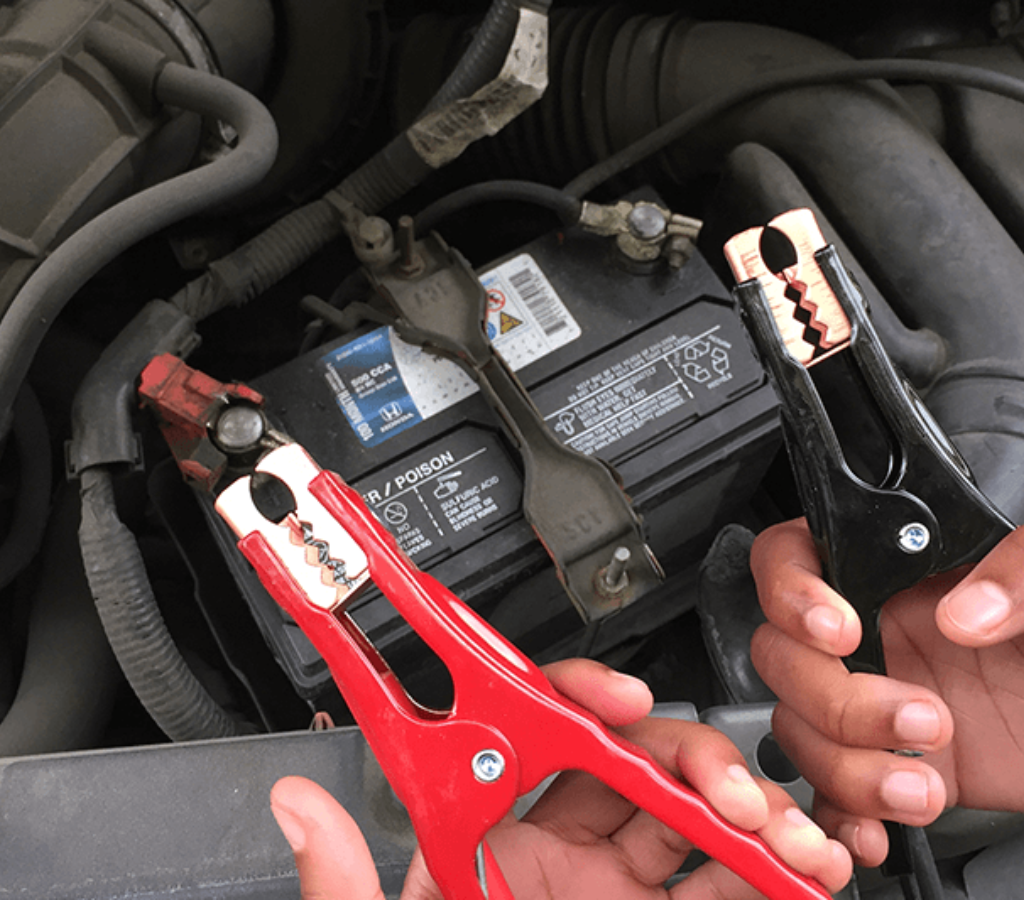
The life of a car battery is a topic of interest for many car owners, and one common question that arises is
whether the battery life depends on mileage. In this essay, we will explore this question and discuss the
various factors that can affect the lifespan of a car battery.
To begin with, it is important to understand that the life of a car battery is not solely determined by the
mileage. While mileage can indirectly impact the battery life, it is not the primary factor. Instead, several
other factors play a more significant role in determining the lifespan of a car battery.
One of the key factors that affect the battery life is its quality. The quality of a car battery can vary
depending on the manufacturer and the materials used. A high-quality battery is likely to have a longer
lifespan compared to a lower-quality one. Therefore, it is essential to choose a reputable brand and opt
for a battery that meets the specific requirements of the vehicle.
Another factor that can influence the battery life is its age. Over time, the performance of a car battery
tends to deteriorate, even if it is not frequently used. This is because the chemical reactions that occur
within the battery gradually degrade its capacity. Therefore, it is recommended to replace the battery
after a certain number of years, typically around 3-5 years, even if it appears to be functioning well.
Maintenance also plays a crucial role in determining the battery life. Regular maintenance, such as
cleaning the battery terminals, ensuring proper connections, and checking the electrolyte levels, can help
prolong the lifespan of the battery. Neglecting maintenance can lead to corrosion, poor electrical
connections, and other issues that can shorten the battery’s life.
Furthermore, the usage patterns of the vehicle can impact the battery life. Short trips or infrequent use
can be detrimental to the battery’s health. When a car is driven for short distances, the battery may not
have enough time to fully recharge, leading to a gradual depletion of its capacity. Similarly, if a vehicle is
left unused for extended periods, the battery can discharge and eventually become damaged. In contrast,
regular and longer trips allow the battery to recharge fully, which can help maintain its health.
Environmental factors also play a role in determining the battery life. Extreme temperatures, both hot and
cold, can negatively impact the battery’s performance. In hot weather, the heat can accelerate the
chemical reactions within the battery, leading to faster degradation. On the other hand, cold temperatures
can reduce the battery’s ability to generate power, making it more challenging to start the vehicle.
Therefore, it is important to park the car in shaded areas during hot weather and use battery blankets or
heaters in cold climates to minimize the impact of temperature extremes.
In conclusion, while mileage can indirectly affect the battery life by influencing usage patterns and
charging cycles, it is not the primary factor that determines the lifespan of a car battery. Instead, factors
such as the quality of the battery, its age, maintenance, usage patterns, and environmental conditions play
more significant roles. By choosing a high-quality battery, performing regular maintenance, and
considering the usage patterns and environmental factors, car owners can optimize the lifespan of their
batteries and ensure reliable performance.
